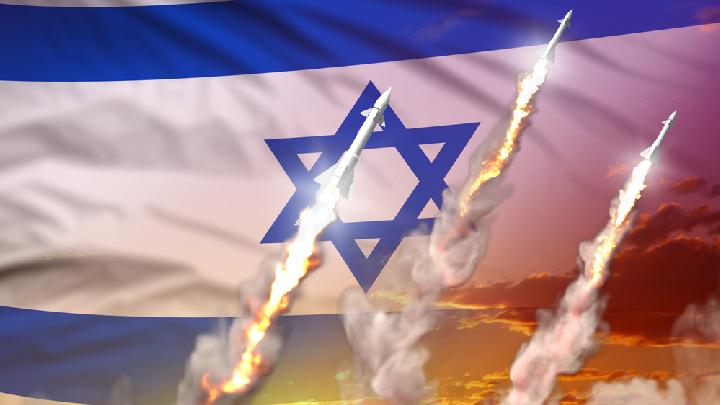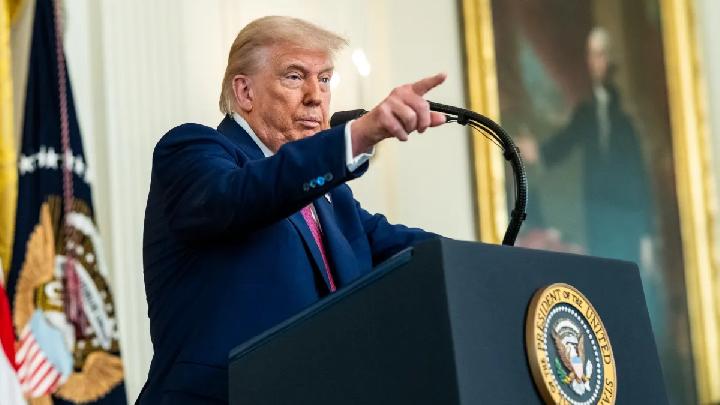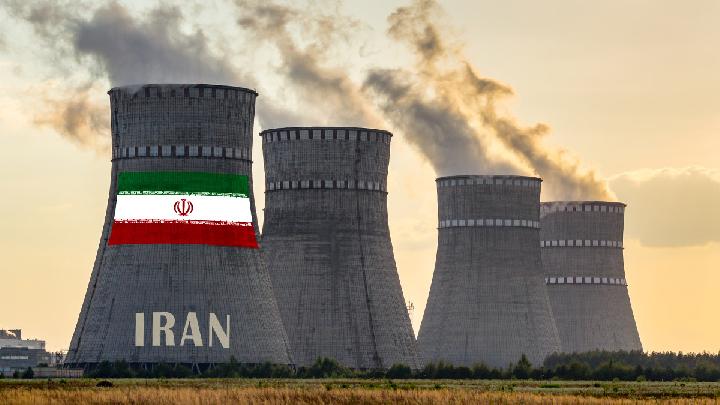
TEMPO.CO, Jakarta - The Donald Trump administration has announced new sanctions targeting Iran and Hezbollah in Lebanon. These latest U.S. sanctions increase pressure on Tehran to return to nuclear negotiations and to curb its proxies across the Middle East.
"While (Iran) has had every opportunity to choose peace, its leaders have chosen extremism," said Treasury Secretary Scott Bessent, as quoted by Al Arabiya.
The latest sanctions primarily target networks accused of facilitating the transport and purchase of Iranian oil worth billions of dollars. The U.S. Department of the Treasury stated that most of the benefits go to the Islamic Revolutionary Guard Corps-Quds Force (IRGC-QF) of Iran.
Among those sanctioned is Iraqi businessperson Salim Ahmed Said, accused of aiding in the smuggling of Iranian oil by disguising or mixing it with Iraqi crude oil. Several vessels identified as part of the so-called Iranian "shadow fleet," used to clandestinely ship sanctioned oil, are also on the blacklist.
"Treasury will continue to target Tehran’s revenue sources and intensify economic pressure to disrupt the regime’s access to the financial resources that fuel its destabilizing activities," Bessent said.
Separately, the U.S. Treasury Department also sanctioned seven senior Hezbollah officials and one entity linked to the Al-Qard Al-Hassan (AQAH) financial institution. The department said the move underscores the commitment to thwart the evasion schemes of the group and to support the new Lebanese government's efforts to limit Hezbollah's influence.
"Through their roles at AQAH, these officials sought to obfuscate Hezbollah's interest in seemingly legitimate transactions at Lebanese financial institutions, exposing these banks to significant AML/CFT risk while allowing Hezbollah to funnel money for its own benefit," said Deputy Secretary Michael Faulkender. "As Hezbollah seeks money to rebuild its operations, Treasury remains strongly committed to dismantling the group’s financial infrastructure and limiting its ability to reconstitute itself," he added.
State Department spokesperson Tammy Bruce said that Washington remains committed to supporting Lebanon by thwarting plans that enhance Hezbollah's influence, which could cause instability. "We will continue to employ all available tools to ensure that this terrorist group no longer poses a threat to the Lebanese people and the region," she said.
History of Sanctions on Iran
Citing the book titled Iran: Nuklir, Sanksi, Militer dan Diplomasi (Iran: Nuclear, Sanctions, Military, and Diplomacy) by Dian Wirengjurit, economic sanctions on Iran were imposed following the end of the Iranian Revolution that toppled Shah Reza Pahlavi's regime, the severance of diplomatic ties with Iran, and the occupation of the U.S. embassy in Tehran on November 4, 1979; since then, the U.S. has imposed various sanctions on Iran.
Quoting from the official website of the U.S. Department of State, the Office of Economic Sanctions Policy and Implementation of the Department of State is responsible for developing and implementing a number of U.S. sanctions programs that restrict access to America for companies involved in certain commercial activities in Iran.
Sanctions against Iran have not only been imposed by the United States but also by the United Nations (UN) and the European Union. In 2006, the UN began imposing a series of sanctions on Iran in response to its controversial nuclear program.
These sanctions include a ban on arms imports, restrictions on the trade of nuclear-related goods, and the freezing of assets associated with the Iranian government.
Editor’s Choice: Member of Irish Group Kneecap Charged with Terrorism in UK for Displaying Hezbollah Flag
Click here to get the latest news updates from Tempo on Google News
Today's Top 3 News: Indonesia Seeks Lower Tariffs Than Vietnam in Ongoing U.S. Negotiations
15 jam lalu
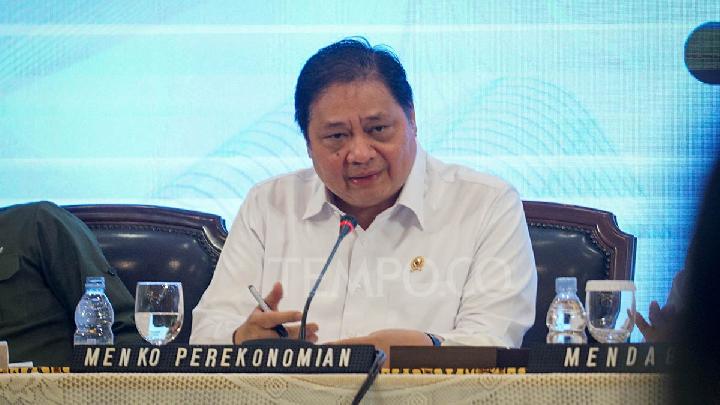
Here is the list of the top 3 news on Tempo English today.
Hamas Weighs New Ceasefire Offer, Urges End to Gaza War
23 jam lalu

Hamas has announced that it is currently reviewing a new proposal for a temporary ceasefire in Gaza.
No Ceasefire with Israel, Says Iranian Ambassador to Indonesia
1 hari lalu
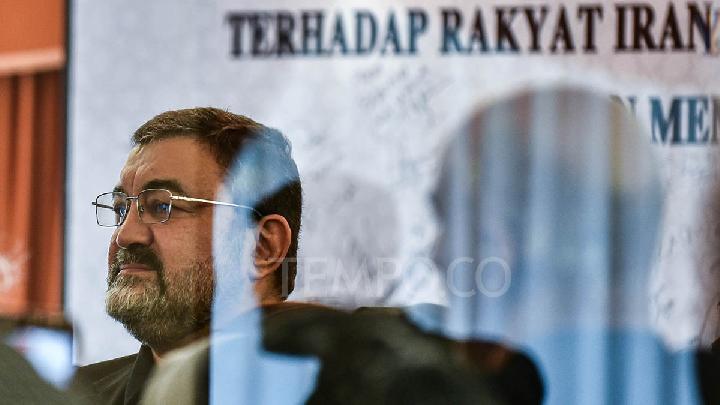
Iranian Ambassador to Indonesia Mohammad Boroujerdi emphasized that Iran has never entered into a ceasefire agreement with Israel.
Pentagon Spokesperson: U.S. Airstrikes Set Back Iran's Nuclear Program by Two Years
1 hari lalu

Pentagon Spokesperson, Sean Parnell, stated that Iran's nuclear program has been set back for one to two years due to U.S. airstrikes.
Indonesia Seeks Lower Tariffs Than Vietnam in Ongoing U.S. Negotiations
1 hari lalu

Indonesia's Coordinating Minister for Economic Affairs Airlangga Hartarto hopes for better tariff terms with the U.S. than Vietnam secured.
One Big Beautiful Bill: Inside Trump's Latest Tax and Spending Proposal
1 hari lalu
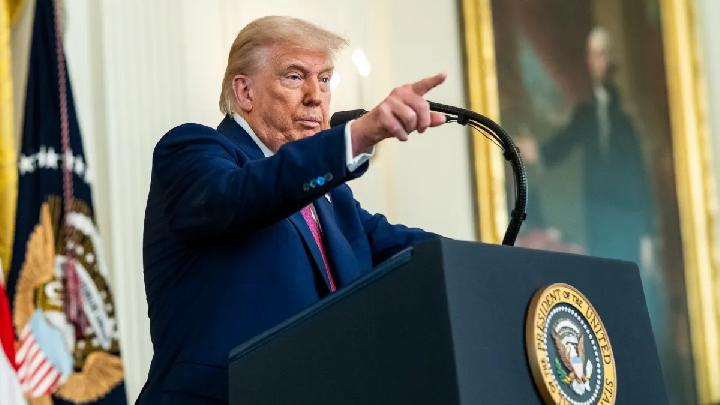
President Donald Trump's Tax Cut and Spending Reduction Bill is viewed as more beneficial to high-income earners.
U.S. Backs Israel as Likud Ministers Call for West Bank Annexation
1 hari lalu
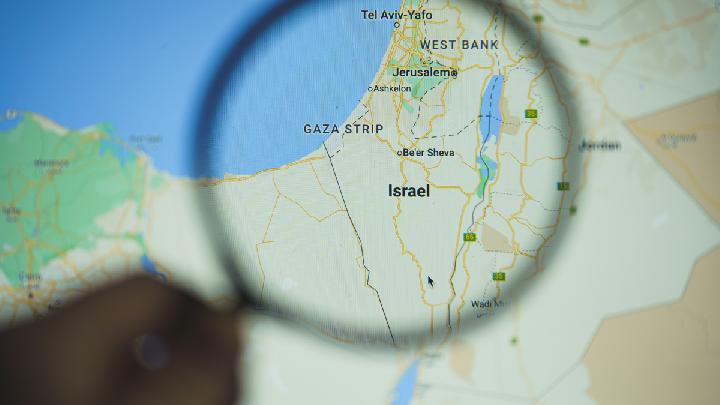
The United States has reiterated its support for Israel and its security decisions.
Will Gaza Ceasefire Truly Hold?
2 hari lalu
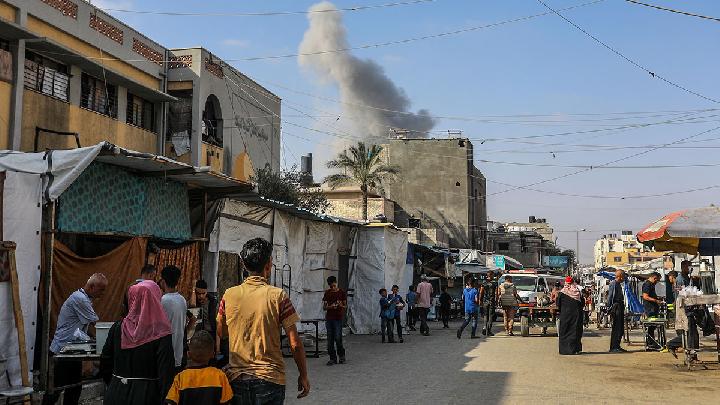
President Donald Trump announced on Tuesday, July 1, 2025, that Israel has accepted the terms of a 60-day Gaza ceasefire.
Today's Top 3 News: Ecoton Research Finds Microplastics in Drinking Water and River Fish in East Java
2 hari lalu

Here is the list of the top 3 news on Tempo English today.
U.S. Airstrike Causes Serious Damage to Iran's Nuclear Facility, Says Minister
2 hari lalu

Iranian Foreign Minister admitted that the Fordo nuclear facility sustained significant damage following a U.S. airstrike on Sunday, June 22, 2025.


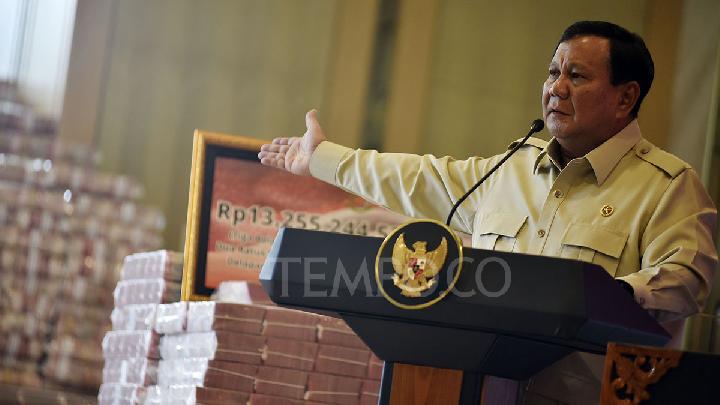
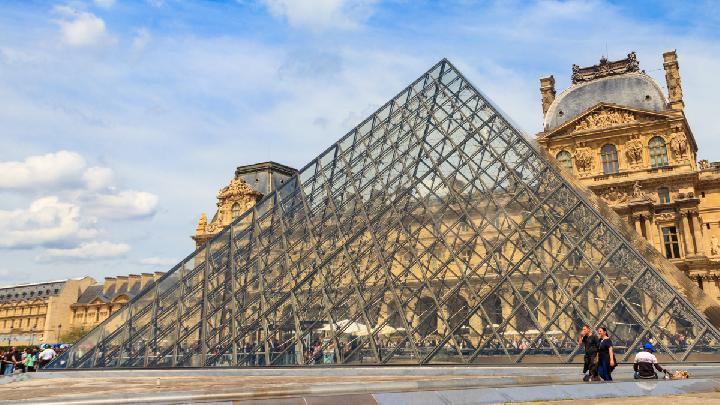


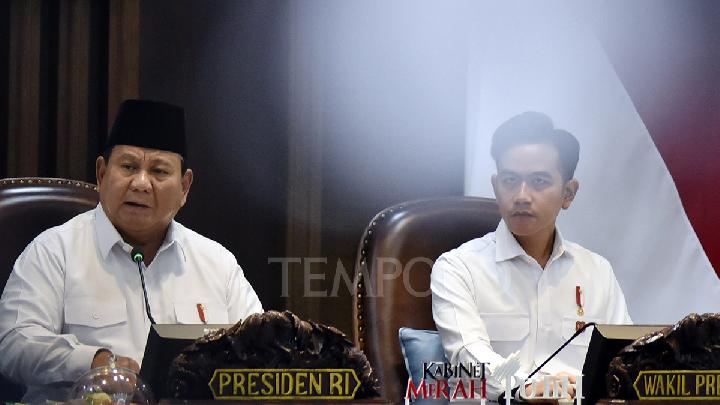
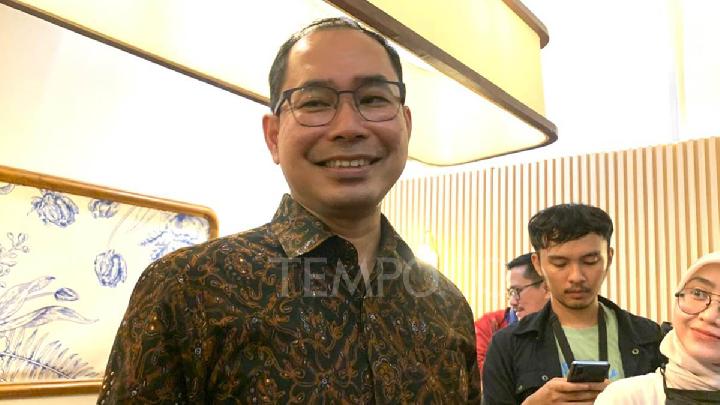
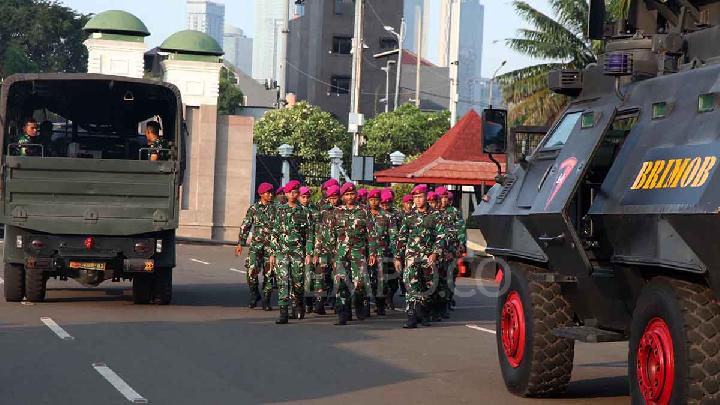


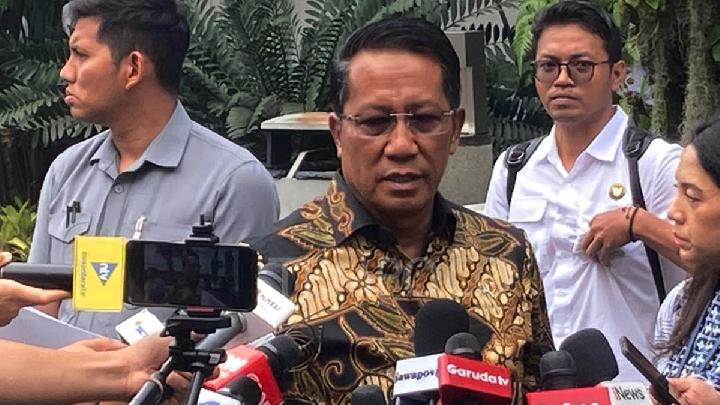
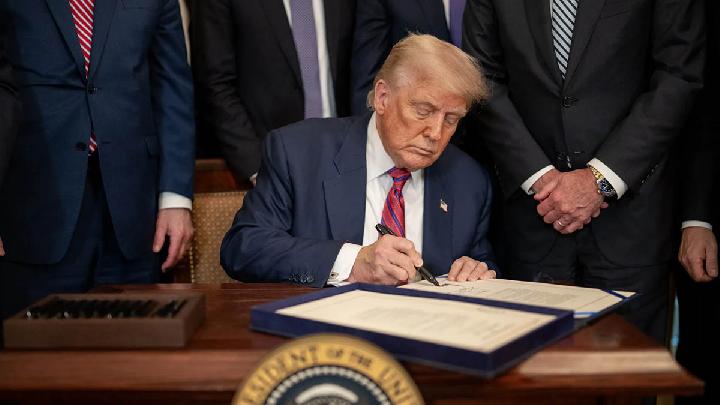
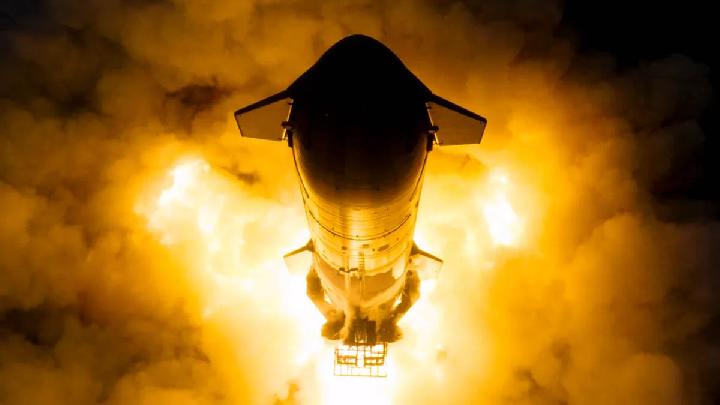
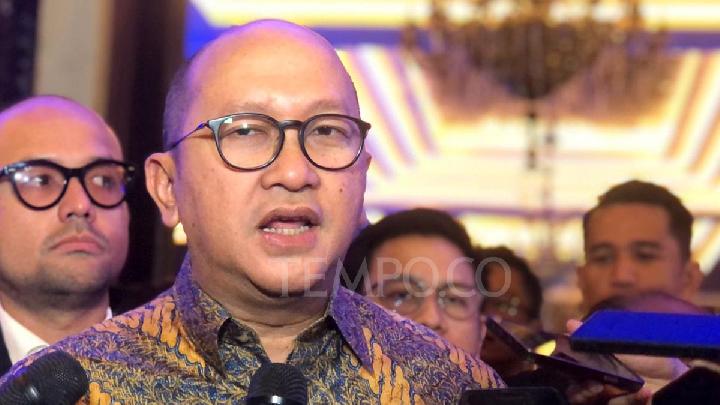
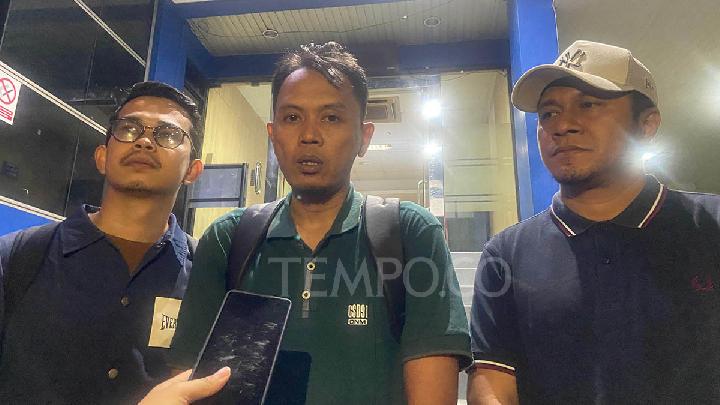



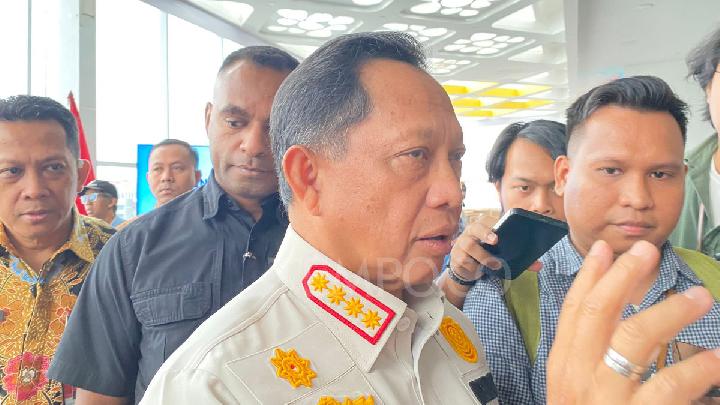
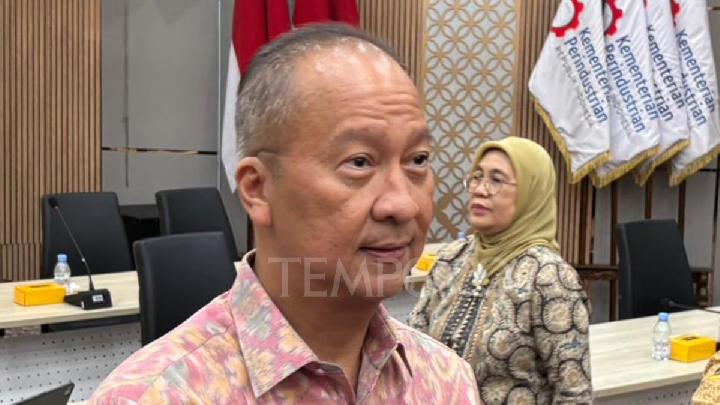










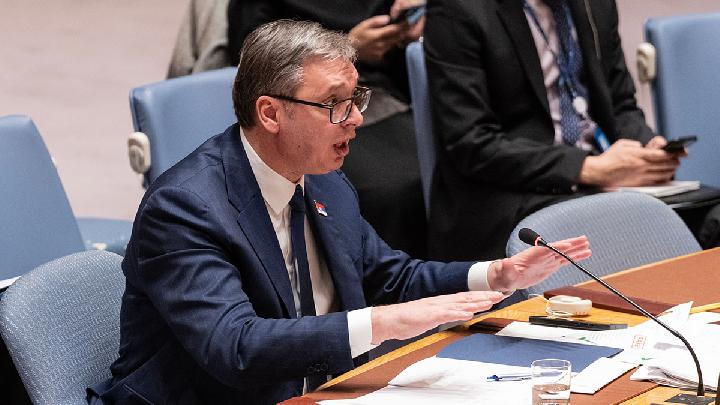


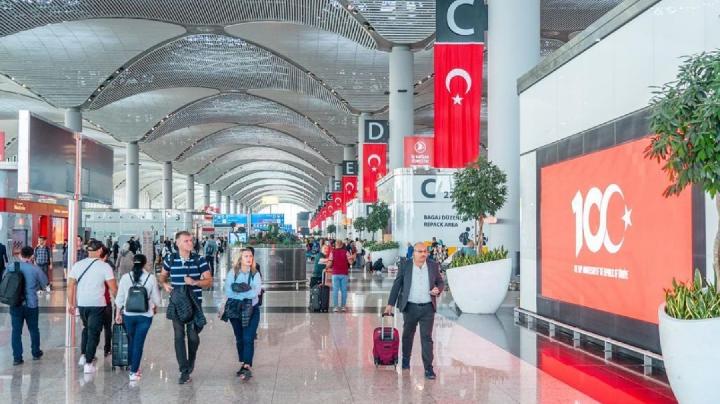
:strip_icc():format(jpeg)/kly-media-production/medias/5109984/original/014787400_1737901129-medium-shot-girl-helping-brother_23-2148748684.jpg)
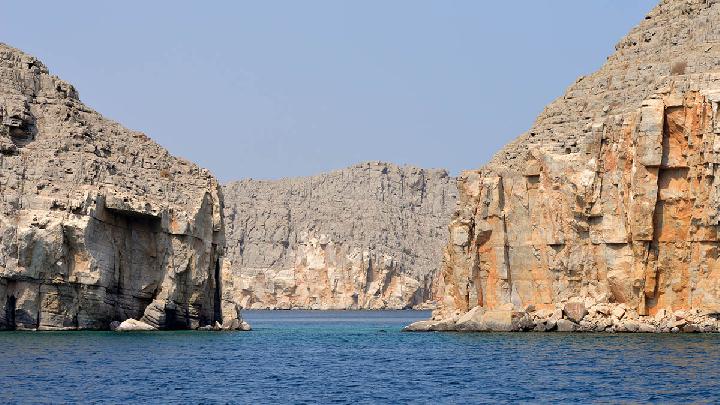
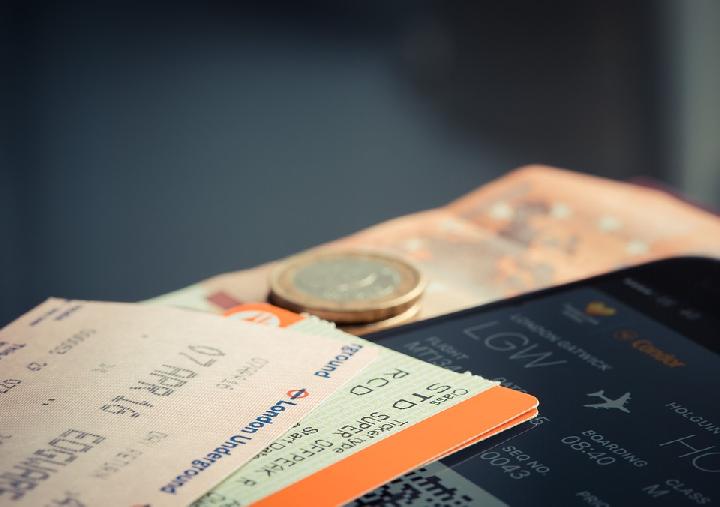
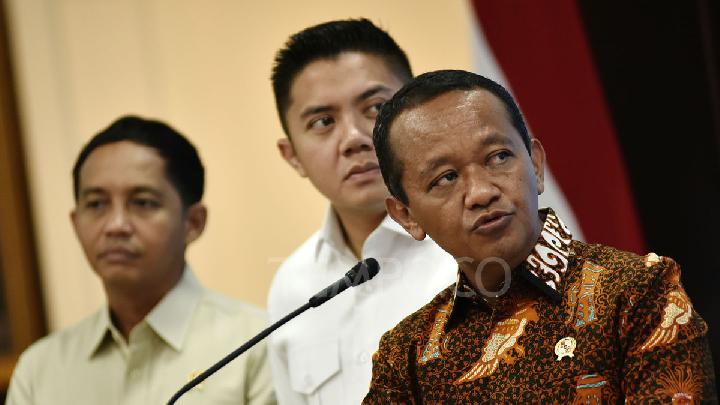

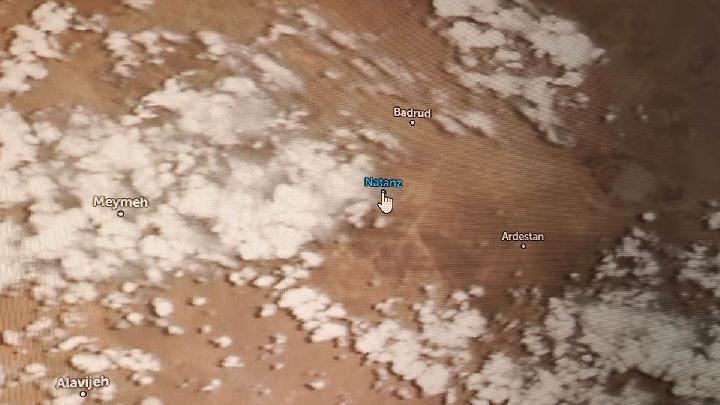

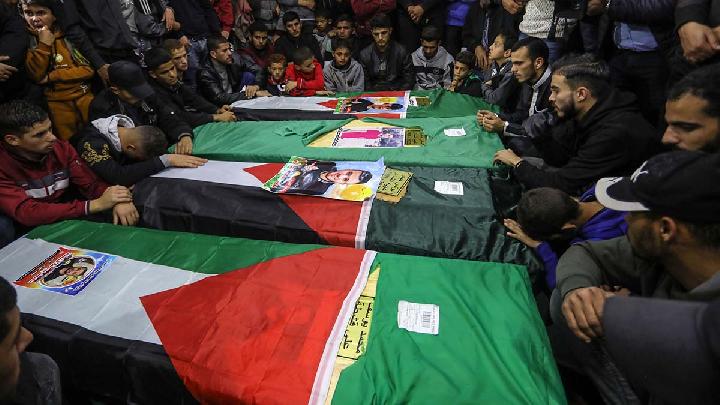
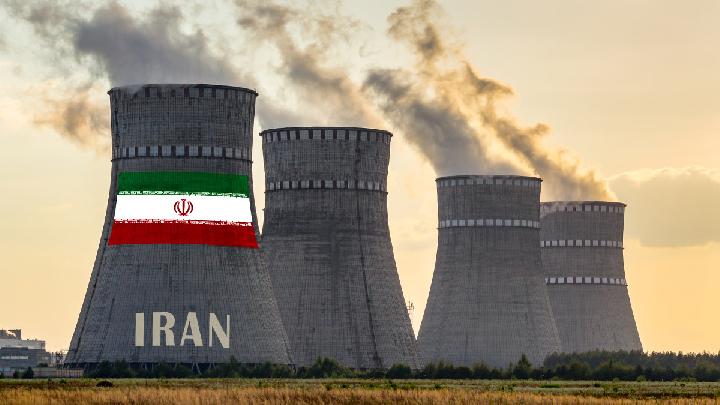
:strip_icc():format(jpeg)/kly-media-production/medias/5237589/original/092987300_1748596794-Ibu_hamil.jpg)

:strip_icc():format(jpeg)/kly-media-production/medias/5238090/original/074714200_1748671861-family-spending-time-together-mother-with-four-kids-standing-holding-hands-against-white-suv-car.jpg)
:strip_icc():format(jpeg)/kly-media-production/medias/5265873/original/051498900_1750934466-WhatsApp_Image_2025-06-20_at_19.09.02_1_.jpeg)
:strip_icc():format(jpeg)/kly-media-production/medias/5261980/original/057446900_1750732334-front-view-sad-girl-with-hair-comb.jpg)
